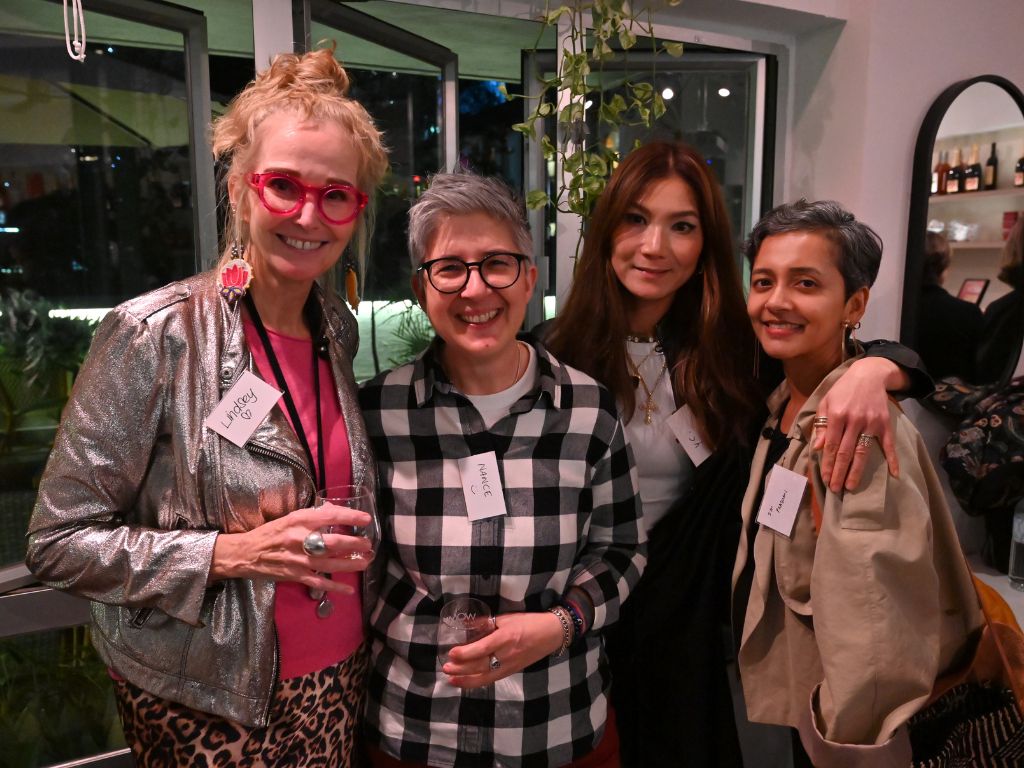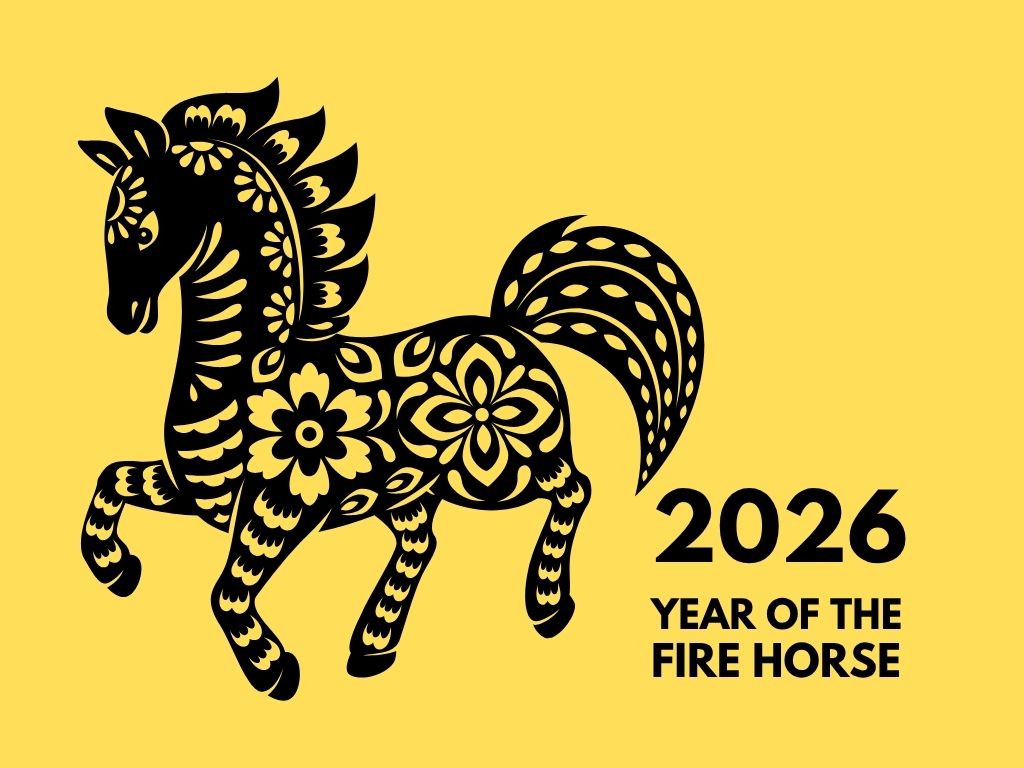Share
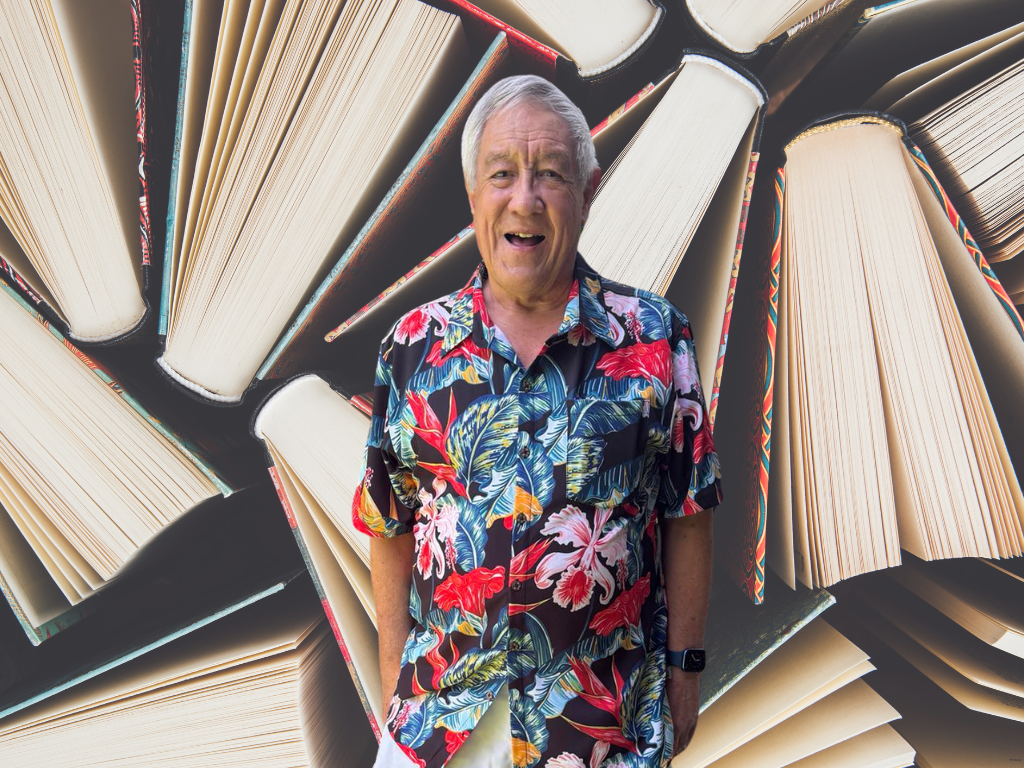
Hong Kong Eurasian Ian Gill longed to be a journalist like his father, who came to Hong Kong after seeing an ad for a job at the South China Morning Post. He credits his writing of Searching for Billie with writing and rewriting.
How did you become a writer?
My first and only ambition since my teens in the 1960s was to be a journalist, with a hope of becoming a writer later. I wanted to meet as great a variety of people as possible and see as many places as possible and journalism offered that possibility.
What would you be doing otherwise?
Being a teacher was a distant second. I was so set on journalism I applied to some 200 newspapers after university – and was rejected by all of them. I complained to a national body of journalists, saying editors were telling me they preferred to pay a school-leaver a few pounds less than a graduate. I received a list of half a dozen newspapers that would look favourably at a university applicant — and I got my first job as a result.
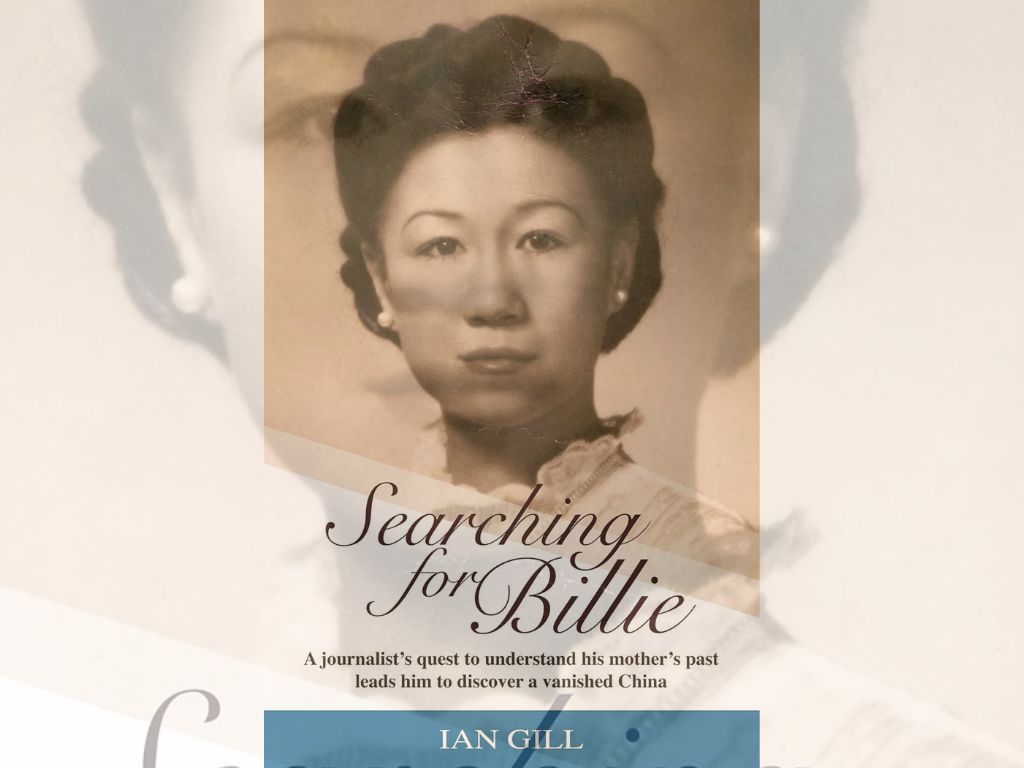
Of the characters you have created, which is your favourite and why?
My favourite character – and I wrote a chapter on meeting him for the first time on a remote Canadian island — would have to be my English father, George. He was a journalist, but he had a much harder start than me.
He joined the Matlocks Weekly at 17 and it folded after a year. He went to the Derbyshire Times, but he and his fellow reporters were let go before they became seniors as it was the policy to replace them with juniors to save money.
During the Depression, George drew the dole and sold soft drinks in London. In desperation, he tried to join the Army but was turned down because he was missing a couple of molars. They told him to get a bridge. He pawned a coat to buy one. But he saw an advertisement for a job on the South China Morning Post, met the paper’s managing editor in a London hotel and was given a boat ticket for Hong Kong in 1933.
George had a great sense of humour, took the rough with the smooth, and was assistant editor of the Hongkong Telegraph, sister paper to the South China Morning Post, when war broke out.
He spent the war in Stanley internment camp, where he met my mother. After Liberation in 1945, with the title of publisher, he helped get the South China Morning Post back on its feet.
Tell us about your writing method. Is there a secret?
It’s all about rewriting, rewriting and rewriting until you turn out something you think is worth reading. I do have one thing going for me. I often go to bed wrestling with problems in a chapter – and wake up to find solutions.
Which author, alive or dead, would you most like to meet?
Dickens – a fulsome character and wonderful story-teller who was both an excellent journalist, exposing the social ills of his time, and a compelling novelist.
Tell us about your favourite bookshop in the world.
I love browsing through second-hand bookshops, especially in London. In Hong Kong, I like to catch up with the latest books on China and Hong Kong in Bookazine. But my wife complains we are running out of space for books so I buy quite a bit on Kindle.
What advice would you give your younger, writer self?
The same advice that I give to our children – keep a detailed record of all the significant things that happen to you, especially the times when it’s difficult. Later on, this will be a unique and valuable resource. Plus, you will undeservedly impress people with your memory!
Does the fact that you’re Eurasian impact your writing in any way, do you think?
I was conceived in Stanley prison camp in Hong Kong and my Chinese mother, who had been to British schools in Shanghai, sent me to an English boarding school from the age of 7. I spent most of my first 30 years in the west but, as I relate in my book, a holiday with my mother in Hong Kong in 1975 was a turning point, both in discovering her exotic past in China and Hong Kong and for me personally as I have stayed in Asia ever since.
Reporting for regional publications in Hong Kong and then writing and making documentaries for the Manila-based Asian Development Bank for 20 years enabled me to see much of Asia, including places in China where my mother, her parents and grandparents lived, and in Hong Kong, where her grandparents married in 1869 and worked for five years before sailing to northern China to establish a well-known hotel.
I have been married to a Filipino lawyer for 30 years and our son and daughter went to International School in Manila and then universities in Auckland, Montreal and Honolulu and are pretty multicultural adults.
Share
About the Author
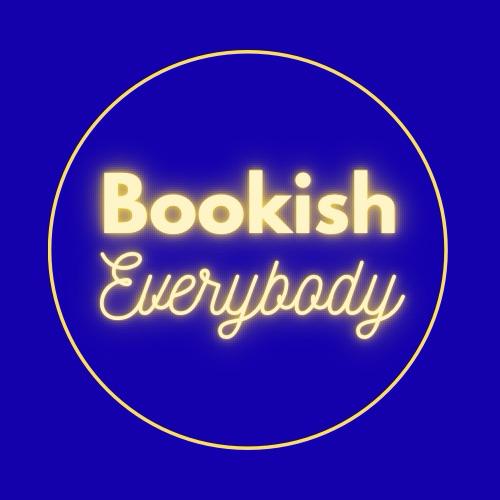
Bookish Everybody
Books and reading are too often on the periphery. Enter: Bookish Everybody, a one-stop community of book enthusiasts to read or write reviews, join read-alongs, buy/sell/give books and join our competitions to win books: www.bookisheverybody.com.
NEW STORIES
Stay Up To Date
Want the latest insights and fresh content delivered straight to your inbox? Subscribe to our newsletter and stay updated with our exclusive content!



